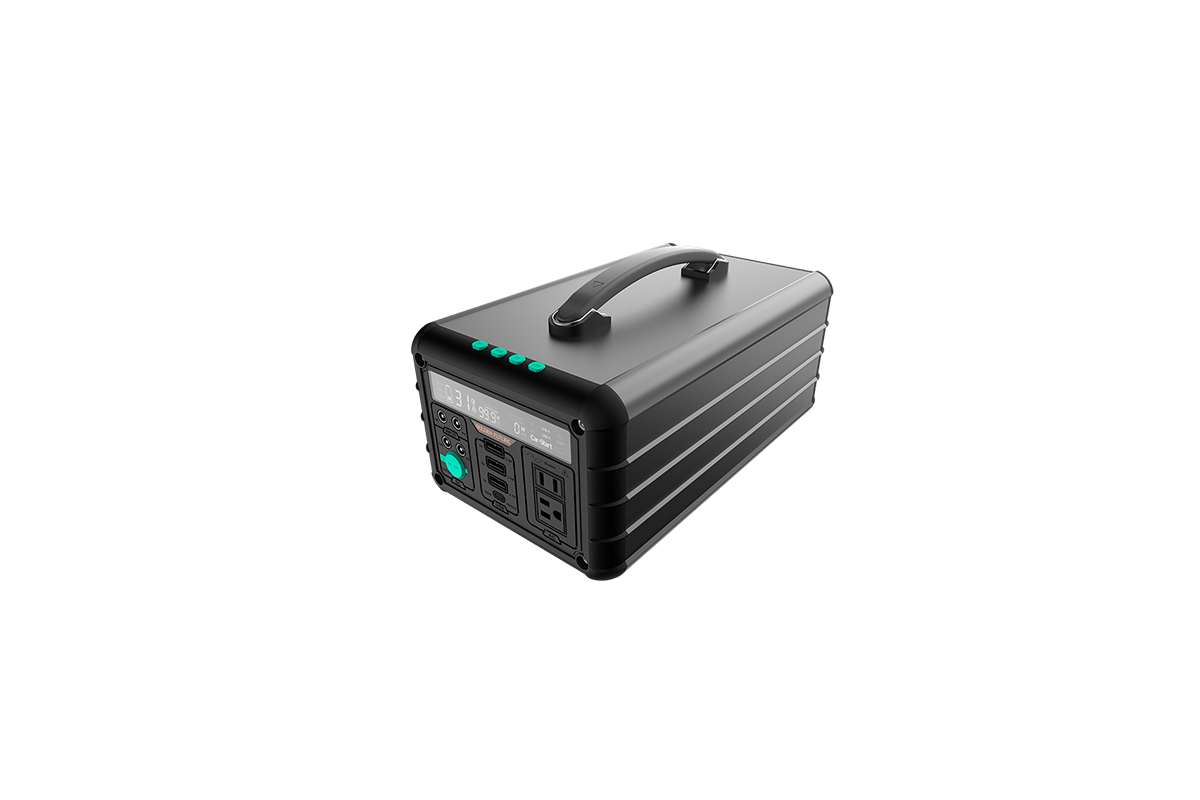

Time:2025-04-07 Views:1

Lithium - polymer batteries have emerged as a dominant force in the energy storage domain, boasting a wide array of competitive advantages over traditional lithium - ion and other battery chemistries. These advantages have propelled their adoption across diverse industries, from consumer electronics to electric vehicles and aerospace.
One of the most significant advantages of lithium - polymer batteries lies in their flexibility and form - factor. Unlike their rigid counterparts, lithium - polymer batteries can be manufactured in various shapes and sizes, including thin, flexible designs. This makes them an ideal choice for applications where space is at a premium or where unconventional form - factors are required. For instance, in wearable devices, such as smartwatches and fitness trackers, the ability to integrate a thin, flexible battery is crucial for achieving a sleek and comfortable design.
Lithium - polymer batteries also offer enhanced safety features. The use of a solid or gel - like polymer electrolyte instead of a liquid electrolyte significantly reduces the risk of leakage, which is a common issue with traditional lithium - ion batteries. This not only improves the overall safety of the battery but also makes it more resistant to physical damage. In addition, lithium - polymer batteries are less prone to thermal runaway, a dangerous condition in which the battery overheats and can potentially catch fire or explode.
Another key advantage of lithium - polymer batteries is their high energy density. They can store more energy per unit volume and weight compared to many other battery chemistries, making them an excellent choice for applications where portability and long - lasting power are essential. This high energy density translates into longer battery life for devices, reducing the need for frequent recharging. In electric vehicles, for example, lithium - polymer batteries can provide extended driving ranges, making electric transportation more practical and appealing.
Furthermore, lithium - polymer batteries exhibit good charge - discharge efficiency. They can efficiently convert stored chemical energy into electrical energy and vice versa, minimizing energy losses during the charging and discharging processes. This not only improves the overall performance of the battery but also helps to conserve energy and reduce operating costs.
Read recommendations: